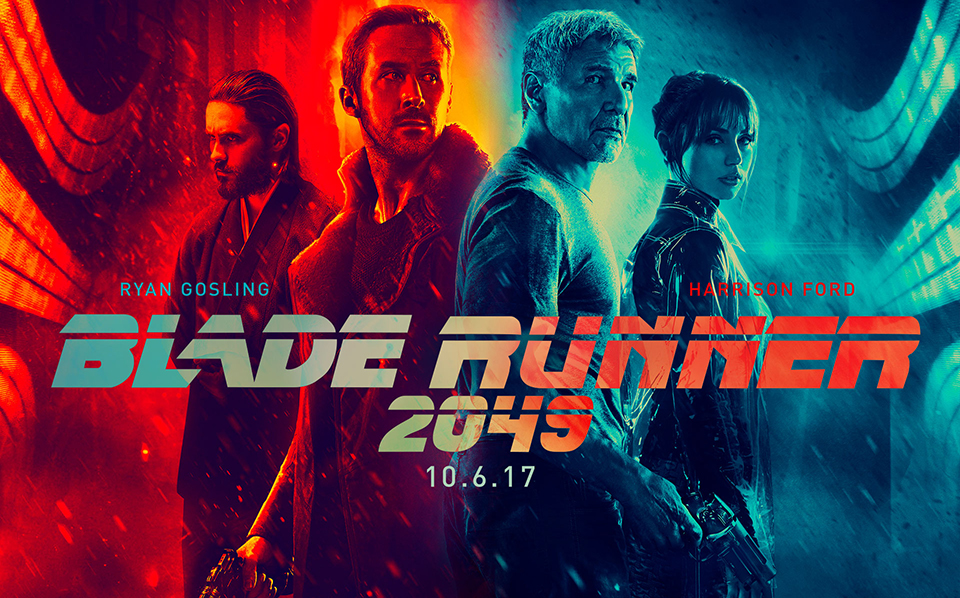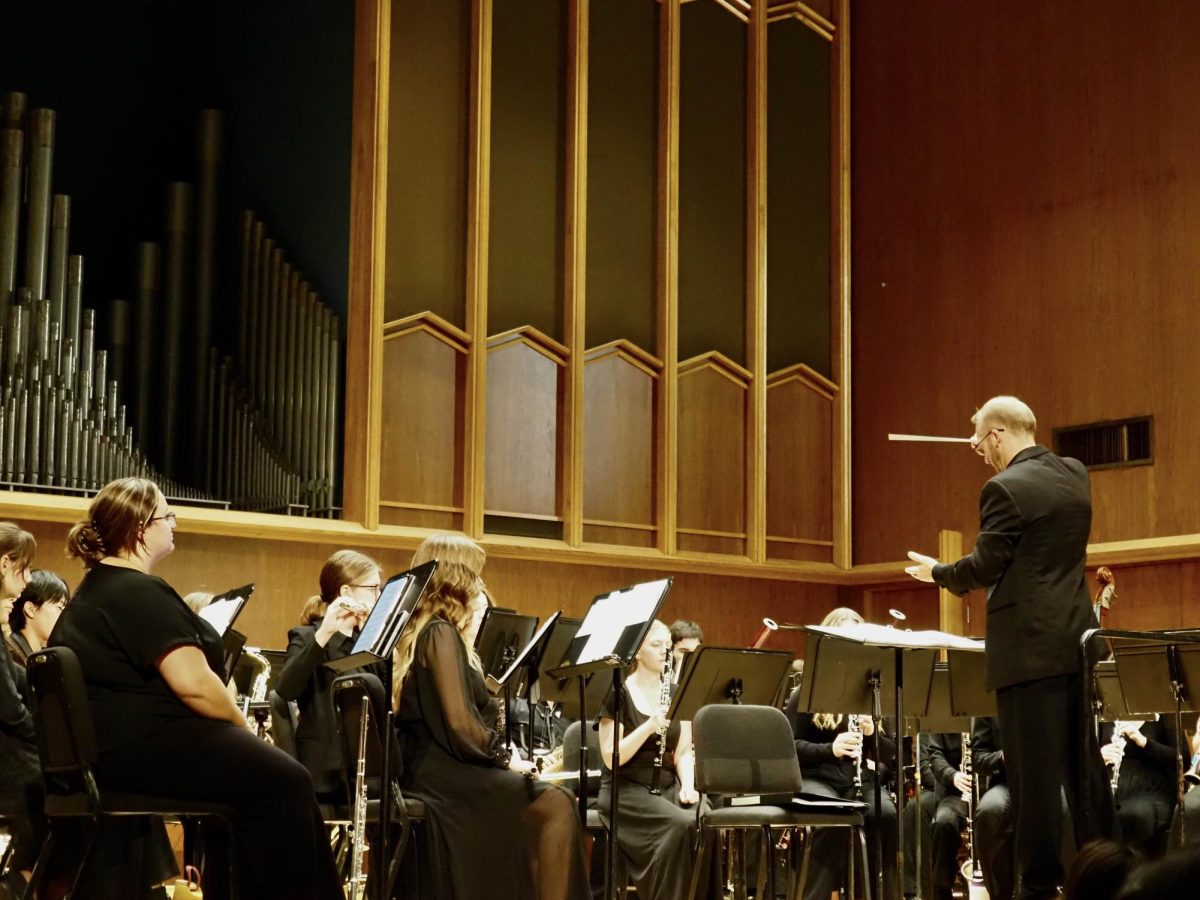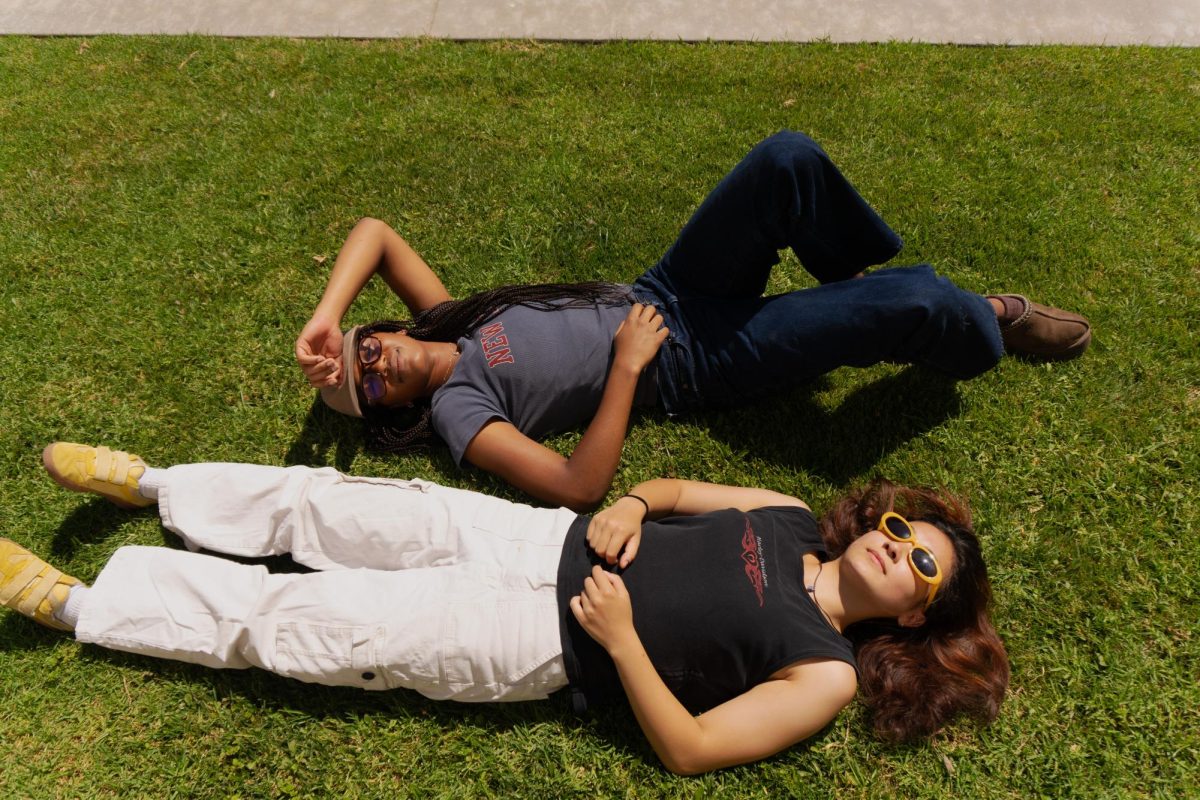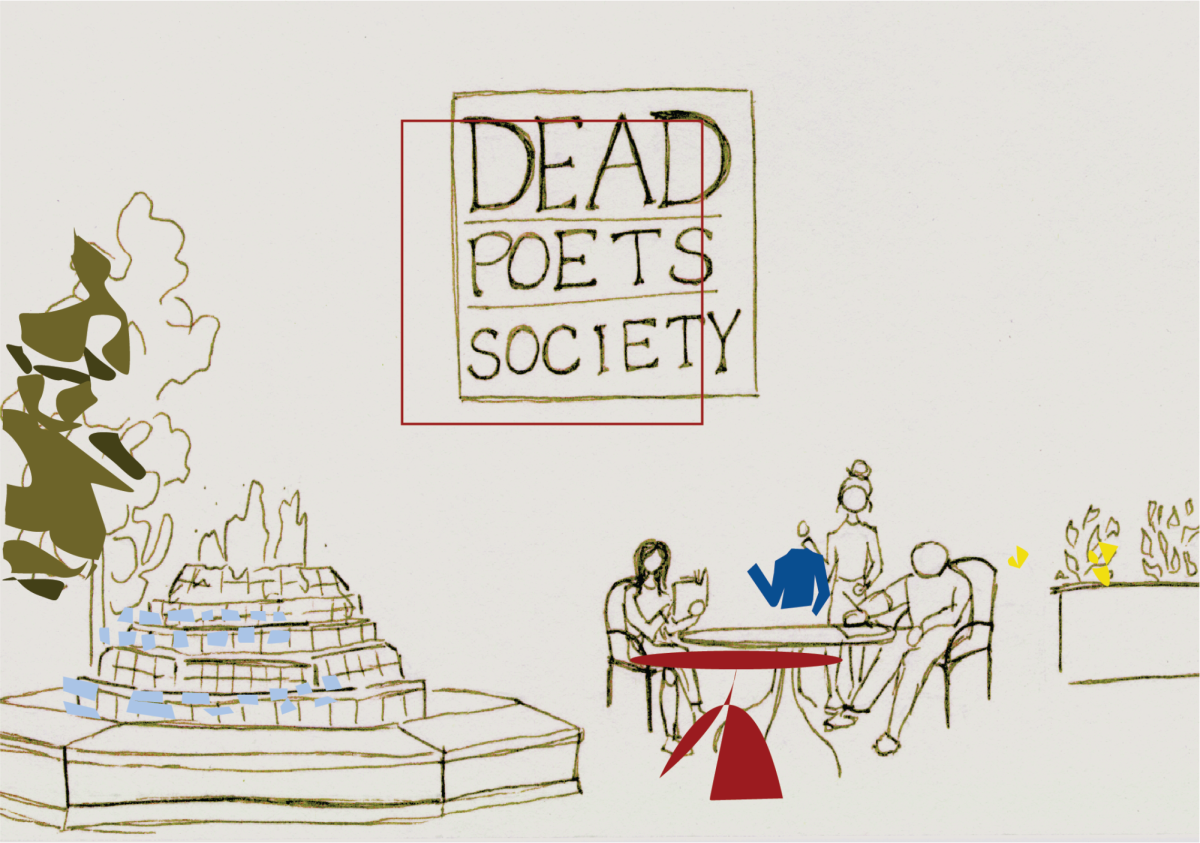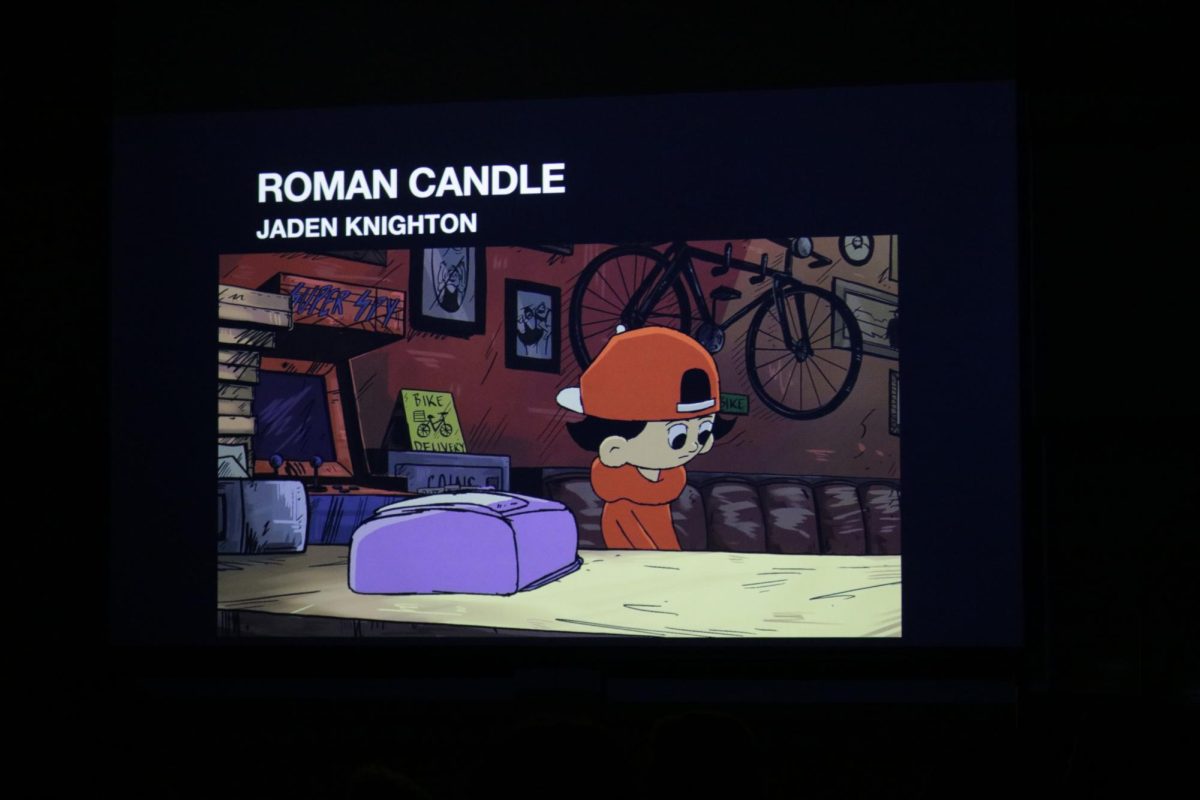The 1982 “Blade Runner” endured the test of time, towering over modern-day blockbusters as one of the greatest cult films in cinematic history. But, for any director not named Ridley Scott to come in and take the film franchise to new heights would prove a tall order, thus begging the highly anticipated question, did Denis Villeneuve manage to launch the franchise to unforeseen levels with the sequel, “Blade Runner 2049?”
retro-futuristic dystopia
While not as cohesive and easy to take in as the original, “Blade Runner 2049″ keeps things on an abstracted level that does not reveal too much as the plot progresses. However, over the course of two and half hours, “Blade Runner 2049” proves its worth as a dense masterpiece, one that takes risks and soars through paradoxically scenic landscapes of retro-futuristic dystopia, while breathing life into a 35-year-old legacy. There is simply more here than most films offer, with its understatedly vast and compelling ambiance.
The plot of the 1982 film possessed a fairly basic concept and presented audiences with a premise void of the necessity for background information. Simply, a group of Replicants land illegally on Earth in order to find their creator and obtain more time to live. Officer Deckard, a blade runner, is tasked with hunting them down. Until this very day, the 1982 plot remains quite understandable, and laid solid groundwork for ambitious philosophical musings about the ethics of cloning or even the debate over what it means to be human. At the end of Scott’s “Blade Runner,” Deckard and his relationship with the advanced Replicant Rachel remains ambiguous, allowing for another film to expand upon these questions—and that it does.
With that said, Villeneuve’s “Blade Runner 2049” should be highly commended for expanding upon the concepts and possibilities suggested in the first film. This chapter of Blade Runner focuses on “K,” an LAPD officer played by Ryan Gosling, who investigates the mysterious information about a Replicant unlike any other while searching for the whereabouts of retired police officer Deckard—a role resurfaced in perfect poignancy by the aging but timeless Harrison Ford. Within the original, Deckard was human, but there were also signs that he was possibly a Replicant. An eerily similar interpretation resides in “Blade Runner 2049,” but this time, the opposite scenario looms over the Officer K.
intelligence, maturity and artistic integrity
Just as the Blade Runner plot and timeline become more complex and richer in history, the film franchise’s philosophical questions appear just as elaborate. Ultimately, the viewer becomes thrown into a lunar meditation with the impression that humankind has become gradually dehumanized while Replicants have become increasingly attuned to the values and characteristics considered as human over the course of 30 years.
With having discussed the increased level of intricacy with “Blade Runner 2049,” it remains important to note that in the end, Villeneuve remains devout to the film that precedes it. Multiple instances of the visual rhyme and reason of the original film carry over into the new film: the decomposition of retro-futuristic dystopia persists and dreary landscapes are once-again illuminated by rain aplenty—all framed by a score magnified by heavily icy synthesizers via Hans Zimmer and Benjamin Wallfisch. As a result, the atmosphere of the original film remains respected and at the same time properly updated to perfection.
As a kickstarter to the forthcoming slew of Oscar-season award contenders, “Blade Runner 2049” easily ranks among the best releases of the year, and better yet, one of the most visually stunning and conceptually sound films you will ever see. Villeneuve’s latest masterpiece exudes intelligence, maturity and artistic integrity without giving in to its blockbuster hype. It remains faithful to the universe three decades in the making, but does so without losing touch with modernity.



